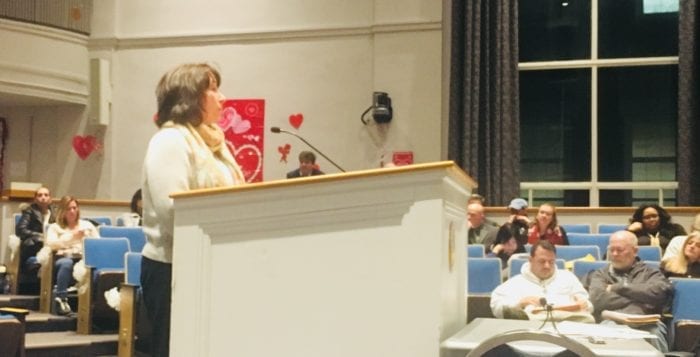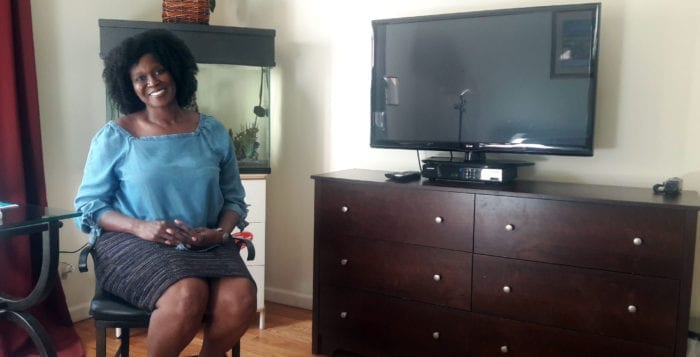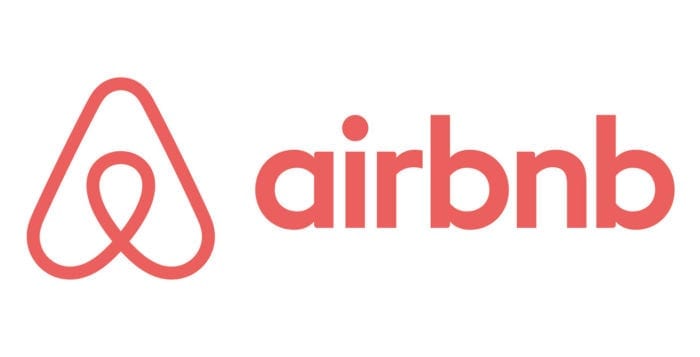Huntington residents are split over the town’s attempts to increase regulation on short-term home rentals, like Airbnb, on the matter of safety versus financial security.
Huntington Councilwoman Joan Cergol (D) has put forth legislation that proposed to further limit the number of days that a property may be leased as a short-term rental from 120 down to 90. A Feb. 13 public hearing held on the proposed law drew a divided crowd.
“It is a step in the right direction, but we need to go a step further,” Diane Lettieri, of Dix Hills, said.
“The safety issues this practice raises are beyond belief.”
— Diane Lettieri
Lettieri said she lives three houses down from 2 Langhans Court in Dix Hills where a man was shot at a party hosted in the backyard of a property that had been rented out in August 2018. She’s had several meetings with Huntington officials asking for short-term rentals through companies like Airbnb, VRBO, Tripping.com and numerous others to be banned for the safety of the community.
“Homeowners renting out rooms is putting strangers in our neighborhoods and inside their homes,” Lettieri said. “The safety issues this practice raises are beyond belief.”
However, homeowners across town have a very different perspective on how short-term rentals through Airbnb can be beneficial in providing security. Cold Spring Harbor resident Philip Giovanelli said he’s hosted guests as his home since the town first addressed the topic nearly two years ago. He added he’s in full compliance with town code.
“Since that first hearing, I’ve turned 65, I’m a senior and I’ve developed a disability,” he said. “I depend on income from Airbnb.”
Giovanelli said his property’s close proximity to Cold Spring Harbor Laboratory has led to an interesting array of researchers and doctors seeking a temporary place to stay in his residence.
“I would have to restrict a cancer researcher from England or China from staying, saying we have no room as we’ve expended our time, we’re over the limit,” he said. “These people are important to the community and to the rest of the world.”
Huntington resident Dany Smith also spoke out in favor of supporting short-term rentals as she hosts guests to help supplement her income. In 2018, Smith said she rented out two rooms in her home for a total for 111 days.
“I read the options for the amendments and I agree with all of them except for one,” she said. “I hope you reconsider the limit from 120 to 90 days.”
Smith is in favor of suggested changes to give code enforcement officers better tools to police these rented abodes and would prevent those hosts found in violation of federal, state or local laws from reapplying for a new short-term rental permit for one year.
“I read the options for the amendments and I agree with all of them except for one. I hope you reconsider the limit from 120 to 90 days.”
— Dany Smith
For Justine Aaronson, a Dix Hills resident, the town’s proposed changes still come up short. She presented a petition signed by more than 1,800 residents to the Town Clerk Jo-Ann Raia (R).
“We need you to protect children in our residential communities and keep the quality of life for residents who prefer a community feeling, not a motel,” she said.
Aaronson said one of her neighbors can be found advertising a room for rent at $45 a night. She suggested if the town will not ban such behavior, to at least place further limits such as a 14-day minimum stay or no rentals for period of less than 29 days.
While the proposed legislation suggests scaling back a room leased under short-term rentals from 120 to 90 days of a calendar year, there is no minimum or maximum stay. In addition, it does state that a property owner, or host, “may apply to the director for a hardship exemption” around the rules.
The Huntington town council reserved their decision for a later date.
“I’m hoping if this does get amended and we lower the days to 90, we don’t continue lowering the days,” Smith said. “I’ll have to move off Long Island.”







